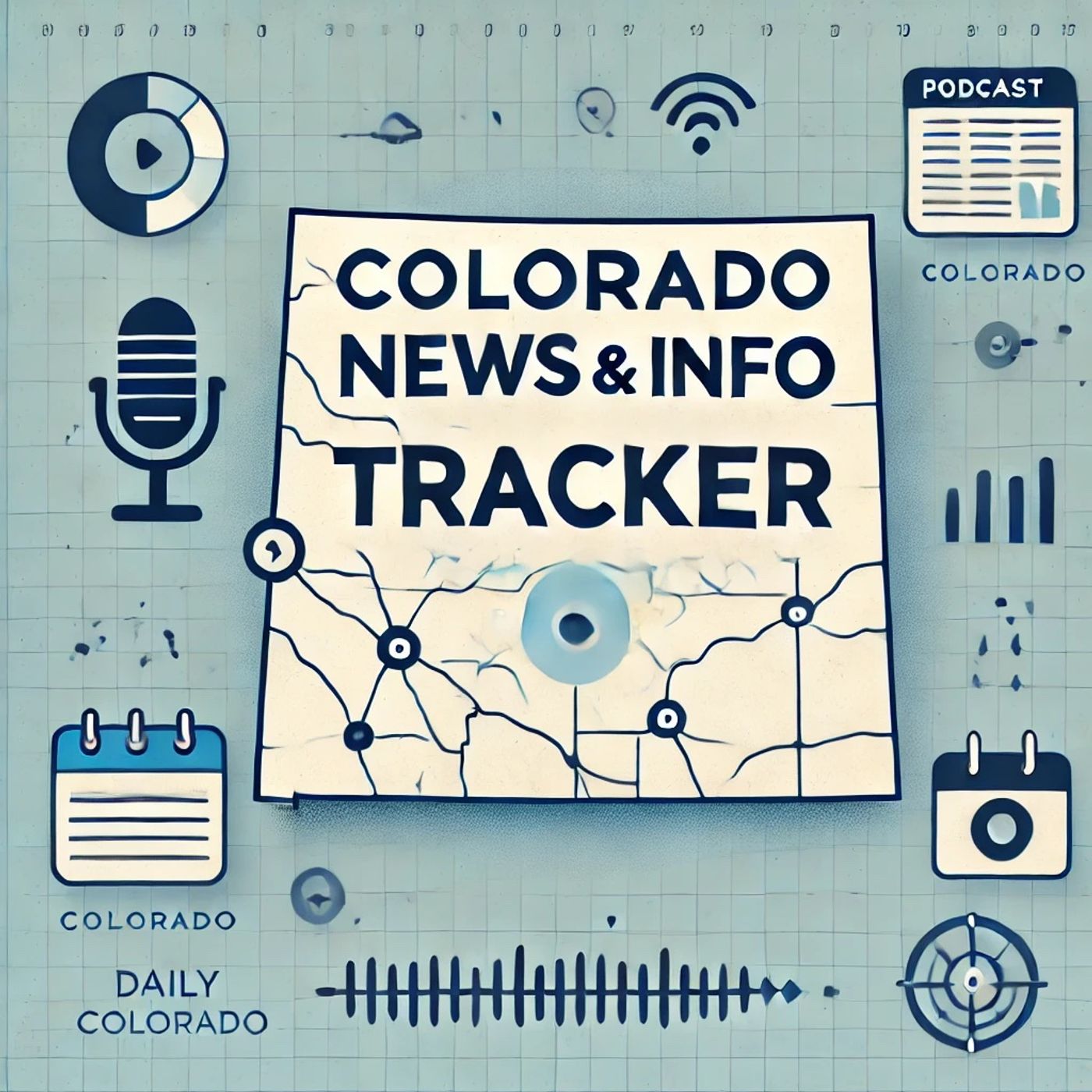Jan 29 2025 2 mins
Colorado is bracing for a dynamic year with significant developments across various sectors. The state's infrastructure has come under scrutiny, with a recent report revealing that nearly one in four major Colorado roads need repairs, costing drivers thousands of dollars annually[1]. This issue is expected to be a focal point in the 2025 legislative session, which began with a $1 billion budget shortfall and a newly elected class of legislators[2].
In the realm of business, Colorado's small businesses are gearing up for trends such as artificial intelligence, e-commerce, and remote work. The state passed a law in 2024 limiting private-sector AI uses, and e-commerce is projected to jump nearly 23% globally by 2027[3]. However, middle-market restaurants are expected to face tough times due to thin margins and cost uncertainties.
The 2025 legislative session promises to be a critical period, with lawmakers tackling issues like health care, workforce development, housing, and the impact of artificial intelligence. The integration of AI technologies will raise questions around ethics, job displacement, and regulatory needs[2].
Weather-wise, Colorado is experiencing a milder winter due to La Niña, with less snow at lower elevations but significant snowfall at higher elevations. The transition to El Niño in the spring could bring wetter conditions and more active weather[4].
Looking Ahead:
- The 2025 legislative session will continue to address pressing issues such as infrastructure, health care, and workforce development.
- Small businesses will need to adapt to emerging trends like AI and e-commerce.
- Colorado's weather will transition from La Niña to El Niño, potentially leading to wetter conditions in the spring.
- The state's infrastructure challenges will remain a critical focus, with residents and lawmakers seeking solutions to repair and maintain major roads.
In the realm of business, Colorado's small businesses are gearing up for trends such as artificial intelligence, e-commerce, and remote work. The state passed a law in 2024 limiting private-sector AI uses, and e-commerce is projected to jump nearly 23% globally by 2027[3]. However, middle-market restaurants are expected to face tough times due to thin margins and cost uncertainties.
The 2025 legislative session promises to be a critical period, with lawmakers tackling issues like health care, workforce development, housing, and the impact of artificial intelligence. The integration of AI technologies will raise questions around ethics, job displacement, and regulatory needs[2].
Weather-wise, Colorado is experiencing a milder winter due to La Niña, with less snow at lower elevations but significant snowfall at higher elevations. The transition to El Niño in the spring could bring wetter conditions and more active weather[4].
Looking Ahead:
- The 2025 legislative session will continue to address pressing issues such as infrastructure, health care, and workforce development.
- Small businesses will need to adapt to emerging trends like AI and e-commerce.
- Colorado's weather will transition from La Niña to El Niño, potentially leading to wetter conditions in the spring.
- The state's infrastructure challenges will remain a critical focus, with residents and lawmakers seeking solutions to repair and maintain major roads.
